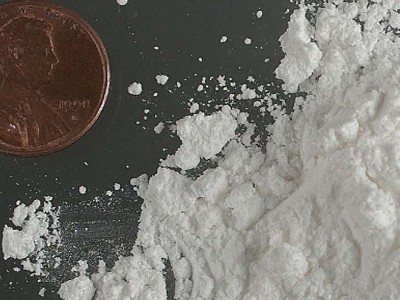Buy Crack Powder Cocaine
- Home
- Product Details

Buy Crack Powder Cocaine
$350.00
Quick Payment
100% New
Fast Delivery
- Description
- Additional Information
Buy Crack Powder Cocaine is a powerful stimulant drug derived from the coca plant, native to South America. It typically appears as a fine white powder or in a crystalline form known as "crack cocaine." Cocaine stimulates the central nervous system, leading to short-term euphoria, increased energy, and alertness. However, it is also associated with high risks of addiction and serious health complications.
Cocaine Common Street Names: Buy Crack Powder Cocaine Coke, Blow, Snow, Crack, Rock
Short-Term Effects:
Intense euphoria
Increased heart rate and energy
Elevated mood and confidence
Decreased appetite and sleep
Cocaine Risks and Long-Term Effects:
High potential for addiction
Heart attack, stroke, or seizures
Anxiety, paranoia, and hallucinations
Nasal damage (when snorted), respiratory problems (when smoked)
Risk of overdose, especially when mixed with other substances
Legal Status:
Buy Crack Powder Cocaine is classified as a Schedule II controlled substance in the U.S., meaning it has a high potential for abuse but may be used for limited medical purposes (e.g., local anesthesia in specific surgeries). cocaine Non-medical use is illegal in most countries.
Help and Recovery:
If you or someone you know is struggling with cocaine use, seek professional assistance. Effective treatment options include:
Behavioral therapies and counseling
Inpatient and outpatient rehabilitation programs
Peer support groups (e.g., Narcotics Anonymous)
Support Resources:
Contact local health departments or addiction support organizations for confidential help and treatment options.








